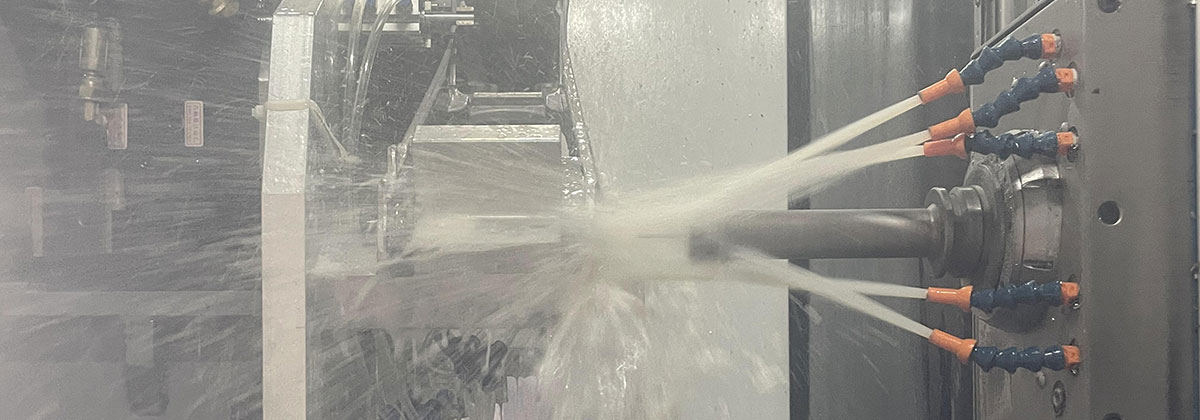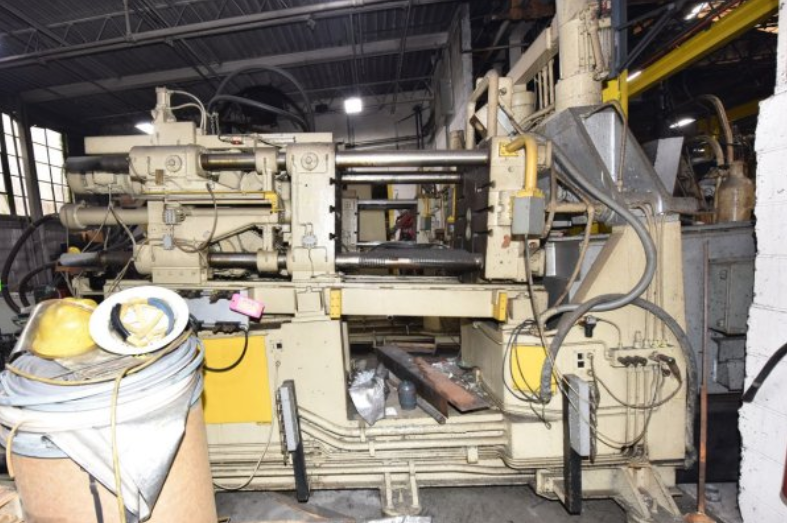When it comes to choosing cookware, there are plenty of options available in the market. However, two popular choices among professional chefs and home cooks are cast iron and aluminum. Both materials have their own unique properties and benefits, making it crucial to understand their differences before making a decision. In this article, we will compare cast iron and aluminum cookware to determine which is the better choice for your kitchen.
One of the most important factors to consider when choosing cookware is heat conductivity. Aluminum is known for its excellent heat conductivity, meaning it heats up quickly and evenly. This property is highly desirable for tasks such as searing meat or sautéing vegetables where even heat distribution is crucial. On the other hand, cast iron is a poor conductor of heat and takes longer to heat up. However, once heated, it retains heat much better than aluminum, making it ideal for tasks that require slow cooking or simmering.
Durability is another aspect to consider. Cast iron is renowned for its longevity and ability to withstand high temperatures. It can be used on various heat sources, including stovetops, ovens, and even open fires. With proper care and maintenance, cast iron cookware can last for generations. On the contrary, while aluminum is also durable, it is more prone to scratches, dents, and warping. It is not recommended to use aluminum cookware on high heat or place it in the oven, as it can degrade and become less effective over time.

Weight is an important factor to take into account, especially for those with physical limitations or those who frequently move their cookware around. Cast iron cookware is significantly heavier than aluminum. While the weight of cast iron can be advantageous when it comes to heat retention, it can also be a disadvantage for some individuals. Aluminum, being a lighter material, is easier to handle and maneuver. It is a suitable choice for those who prefer lightweight cookware or need to transport it frequently.
Another significant consideration is the maintenance and seasoning required for each type of cookware. Cast iron requires regular seasoning, which involves applying a thin layer of oil to the surface to prevent rust and maintain its non-stick properties. It is important to avoid using soap and abrasive materials when cleaning cast iron, as they can strip away the protective seasoning layer. On the other hand, aluminum cookware requires less maintenance and can be easily cleaned with soap and water. It does not need to be seasoned and can be used straight out of the box.
One aspect where aluminum shines is its non-reactive nature. It does not react with acidic or alkaline foods, making it suitable for cooking dishes that require the use of such ingredients. Cast iron, on the contrary, is reactive and can sometimes impart a metallic taste to certain foods. However, when properly seasoned, this reactivity can be minimized.

In terms of price, aluminum cookware tends to be more affordable compared to cast iron. Cast iron cookware, especially high-quality brands, can be quite expensive due to its durability and unique properties. If budget is a concern, aluminum may be the more suitable option.
In conclusion, both cast iron and aluminum have their own set of advantages and disadvantages. If heat conductivity, durability, and longevity are the priorities, cast iron would be the better choice. On the other hand, if lightweight, ease of maintenance, and affordability are important factors, aluminum cookware would be the preferred option. Ultimately, the decision comes down to personal preference and the specific cooking needs of each individual.
-

- Bicycles for Children Kids Bikes for 3-16 years old Child /OEM Baby Children Cycle Kids Mountain Bicycles 2022
-

- CNC machined parts Steering bracket
-

- Magnesium alloy foundry parts bicycle wheel with CNC machining & surface finishing
-

- Magnesium alloy thixomolding components
-

- High precision magnesium thixomolding components UAV cover
-

- OEM die casting components for automotive Seat frame

 0086-750-5616188
0086-750-5616188 +86 13392089688
+86 13392089688 sales@zhongmei-tech.com
sales@zhongmei-tech.com







